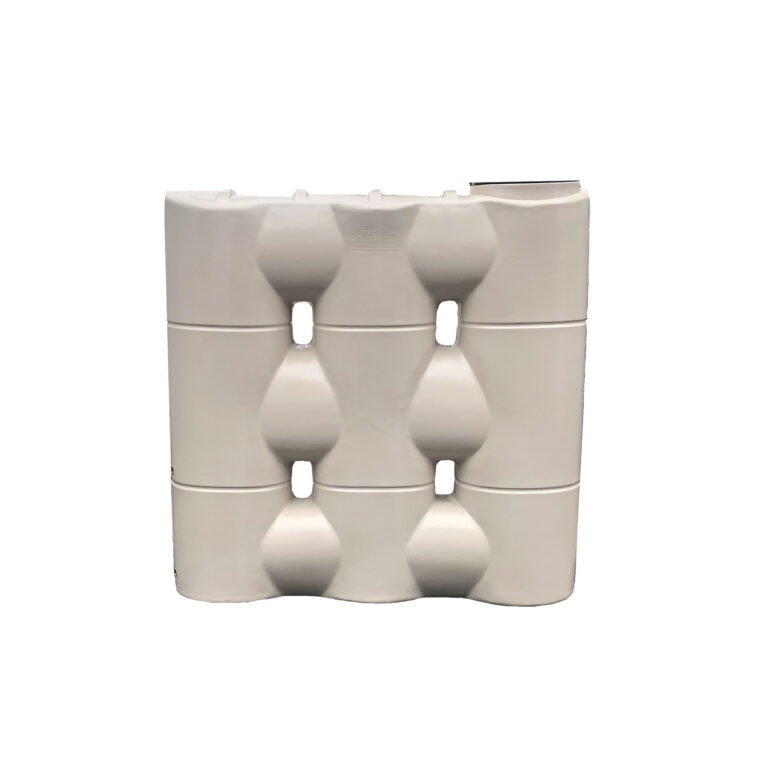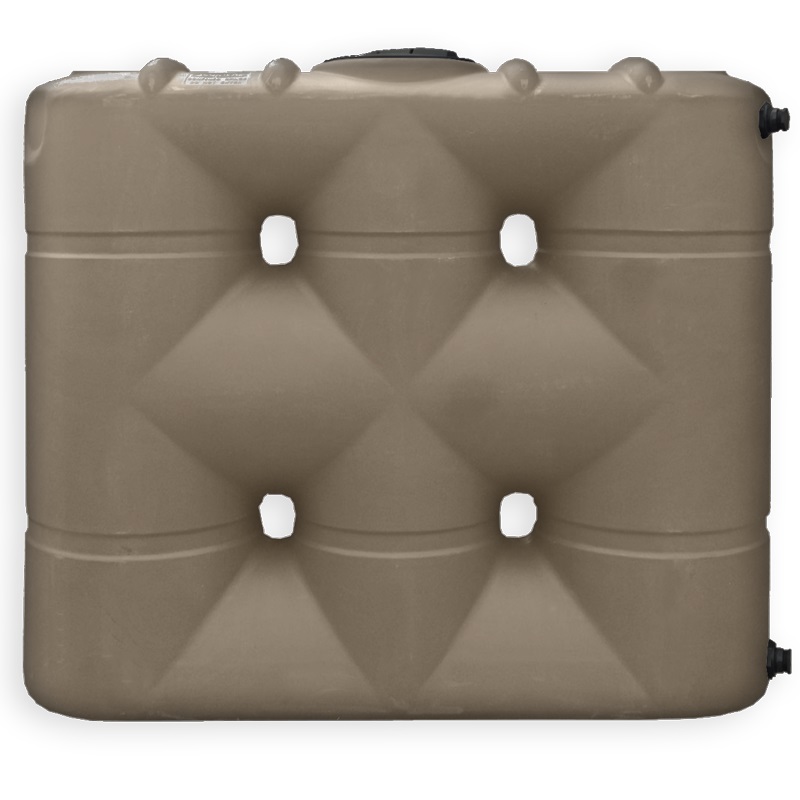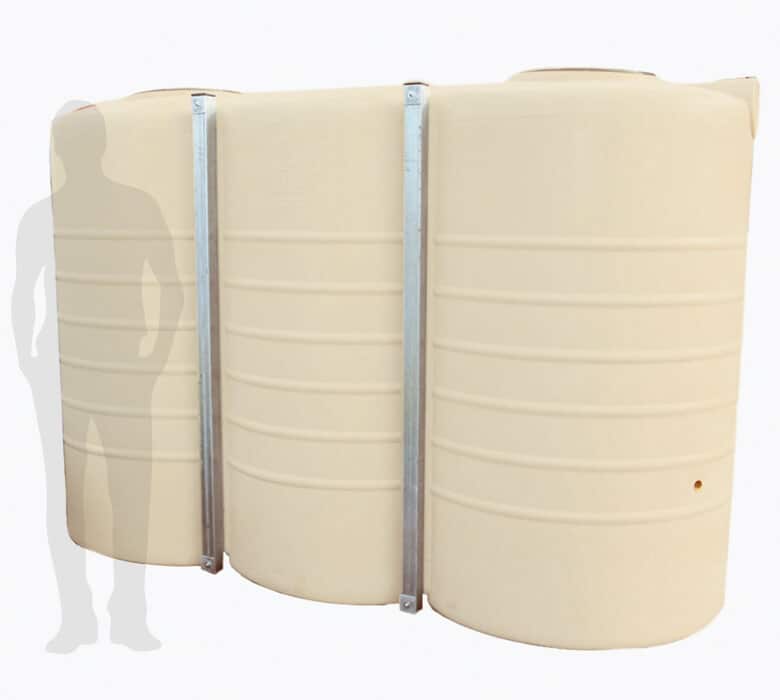Ideal Slimline Water Tanks: Long Lasting and Compact Water Storage Space Options
Ideal Slimline Water Tanks: Long Lasting and Compact Water Storage Space Options
Blog Article
Exploring the Different Usages of Rainwater Storage Tanks for Residential and Commercial Properties
As the worldwide focus on sustainable living practices proceeds to magnify, the usage of rainwater containers in both household and industrial settings has arised as a significant option. The diverse uses of rain containers provide a compelling instance for their fostering, not only as a practical water-saving step however likewise as a testimony to liable source administration.
Advantages of Utilizing Rainwater Containers
Utilizing rainwater containers uses countless benefits for both homes and communities in terms of water preservation and sustainability. One of the key advantages of using rain tanks is the substantial reduction in dependence on mains water supply - Slimline water tanks. By recording and keeping rain for later use, people and communities can lower their demand for cured water, ultimately alleviating the concern on water therapy facilities and lowering power consumption associated with water transportation and treatment
Additionally, rainwater harvesting through containers supplies a trustworthy alternative water resource during times of water constraints or shortages. This saved rainwater can be used for various non-potable objectives such as irrigation, purging toilets, and washing garments, decreasing the pressure on traditional water sources. Furthermore, making use of rainwater tanks can cause set you back financial savings for both homes and areas by decreasing water expenses and lowering the need for expensive infrastructure developments to meet growing water needs.
Fundamentally, the application of rainwater tanks offers a sustainable and eco-friendly method to water monitoring, profiting both private customers and the more comprehensive area in terms of water preservation, cost-efficiency, and strength.
Rainwater Container Usage in Watering
Provided the advantages of rain tanks in preserving water resources and reducing reliance on keys water system, a considerable application exists in using saved rainwater for watering functions - Slimline water tanks. Rain collecting systems can effectively gather and store rain, offering a lasting water resource for sprinkling yards, grass, and farming fields. By utilizing rainwater for irrigation, property owners can lower their dependancy on cured water sources, causing set you back savings and ecological advantages

One of the key advantages of utilizing rain for watering is its pureness. Rain is normally soft and cost-free from the chemicals and ingredients often found in mains water, making it perfect for nourishing plants without the risk of damaging impacts. Furthermore, rainwater is at ambient temperature, which can profit plant development by preventing temperature level shocks that can accompany chilly mains water.
Rainwater Containers for Commode Flushing

Implementing rain tanks for commode flushing is an affordable and environmentally friendly practice that can be easily integrated into both residential and commercial residential or commercial properties. hop over to these guys The stored rainwater can be used to purge commodes by attaching the container to the existing pipes system. This easy yet efficient service can considerably decrease water consumption in a structure, specifically in areas where water scarcity is a concern.

Incorporating Rainwater Tanks in Landscaping
These tanks can record and keep rainwater overflow from roofing systems, which can after that be utilized for sprinkling gardens, grass, and plants. By using rainwater for watering purposes, building owners can lower their reliance on metropolitan water sources, leading to set you back savings and preservation of precious water resources.
Along with offering a lasting water source for landscaping demands, rainwater storage tanks can also assist in taking care of stormwater overflow. By recording rainwater that would or else stream right into storm drains, these containers can minimize disintegration, lower flooding risks, and stop contamination of natural water bodies. Integrating rain containers in landscape design can add to the overall aesthetic charm of the residential property, showcasing a dedication to ecological stewardship.
Commercial Applications of Rainwater Tanks
Utilizing rainwater tanks in industrial settings provides a sustainable option for water administration and preservation, profiting services and the atmosphere alike. Industrial applications of rainwater storage tanks vary and progressively prominent due to the cost savings and environmental benefits they give. One vital business usage is for irrigation purposes, where harvested rain can be made use of to water landscape design, gardens, visit and agricultural areas bordering industrial residential properties. This can cause considerable reductions in water costs and dependence on community water resources.
Moreover, rain tanks can be incorporated into the fire reductions systems of commercial structures. By having a dedicated water resource for firefighting purposes, services can improve their fire safety procedures and potentially minimize insurance premiums. In addition, rainwater gathered in containers can be treated and utilized for non-potable purposes within industrial buildings, such as flushing bathrooms, cleansing, and cooling down systems. This not only saves fresh water sources but likewise decreases operating costs for companies. On the whole, the incorporation of rain tanks in business settings provides a useful and environmentally responsible strategy to water administration.
Final Thought
From watering to bathroom special info flushing and landscape design, the use of rain storage tanks can help save water resources and lower water bills. On the whole, the adaptability and sustainability of rain storage tanks make them a valuable financial investment for any residential property owner looking to boost water efficiency.
Report this page